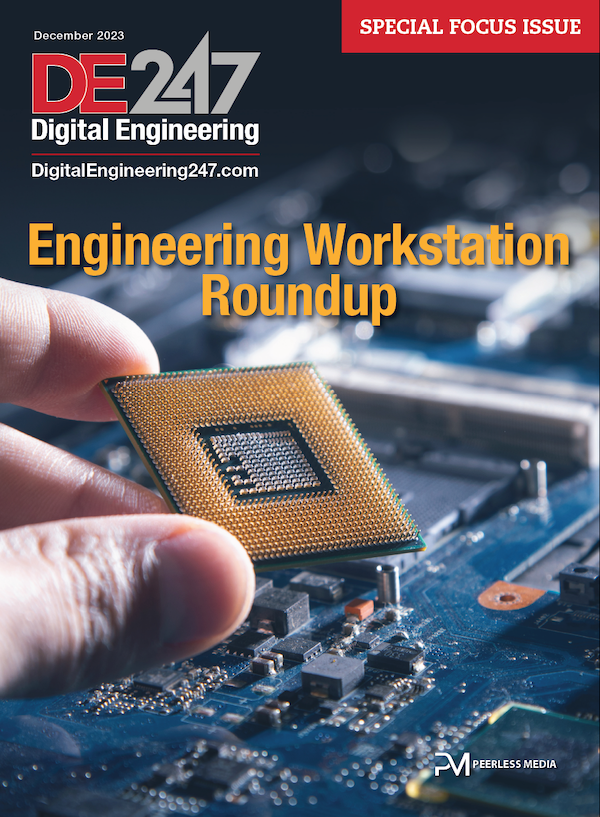UberCloud and Stanford Living Heart Project Take Home Hyperion Award

Evolution of the electrical activity for the baseline case (no drug) and after the application of the drug Quinidine. The electrical propagation turns chaotic after the drug is applied, showing the high risk of Quinidine to produce arrhythmias.
Latest News
November 28, 2017
UberCloud, together with the Stanford Living Heart Project, won the Hyperion (former IDC) Award for Innovation Excellence during SC’17, the 30th international conference for high-performance computing, networking, storage and analysis in Denver. UberCloud was elected by the HPC User Forum Steering Committee.
 The winners of the 2017 Innovation Excellence Award. In the middle of the picture the winners of the first prize: Burak Yenier (UberCloud), Jean-Luc Assort (HPE), Aegir Magnusson (Advania), and Wolfgang Gentzsch (UberCloud). On the podium Steve Conway, senior research VP at Hyperion Research.
The winners of the 2017 Innovation Excellence Award. In the middle of the picture the winners of the first prize: Burak Yenier (UberCloud), Jean-Luc Assort (HPE), Aegir Magnusson (Advania), and Wolfgang Gentzsch (UberCloud). On the podium Steve Conway, senior research VP at Hyperion Research.The Stanford LHP project dealt with simulating cardiac arrhythmia. During this condition, the electrical activity of the heart turns chaotic, decimating its pumping function, thus diminishing the circulation of blood through the body. Some kind of cardiac arrhythmia, if not treated with a defibrillator, will cause death within minutes.

 Electrocardiograms: tracing for a healthy, baseline case, versus the arrhythmic development after applying the drug Sotalol.
Electrocardiograms: tracing for a healthy, baseline case, versus the arrhythmic development after applying the drug Sotalol.In this project, the Living Matter Laboratory of Stanford University developed a new software tool enabling drug developers to quickly assess the viability of a new compound for the possibility of better and safer drugs reaching the market to improve patients’ lives.
“The Living Heart Project team, led by researchers from the Living Matter Laboratory at Stanford University, is proud and humbled by being elected from the 29 renowned members of the HPC User Forum Steering Committee for this Innovation Excellence Award,” says Wolfgang Gentzsch from UberCloud, who managed this project. “And we are deeply grateful for all the support from Hewlett Packard Enterprise and Intel (the sponsors), Dassault Systemes SIMULIA (for Abaqus 2017), Advania (providing HPC Cloud resources) and the UberCloud tech team for containerizing Abaqus and integrating all software and hardware components into one seamless solution stack.”
 Evolution of the electrical activity for the baseline case (no drug) and after the application of the drug Quinidine. The electrical propagation turns chaotic after the drug is applied, showing the high risk of Quinidine to produce arrhythmias.
Evolution of the electrical activity for the baseline case (no drug) and after the application of the drug Quinidine. The electrical propagation turns chaotic after the drug is applied, showing the high risk of Quinidine to produce arrhythmias.A computational model able to assess the response of new drug compounds rapidly and inexpensively is of interest for pharmaceutical companies, doctors and patients. The creation of a suitable model requires taking a multiscale approach that is computationally expensive: the electrical activity of cells is modeled in high detail and resolved simultaneously in the entire heart.
For more info, visit UberCloud.
Sources: Press materials received from the company.
Subscribe to our FREE magazine, FREE email newsletters or both!
Latest News
About the Author
DE’s editors contribute news and new product announcements to Digital Engineering.
Press releases may be sent to them via [email protected].






